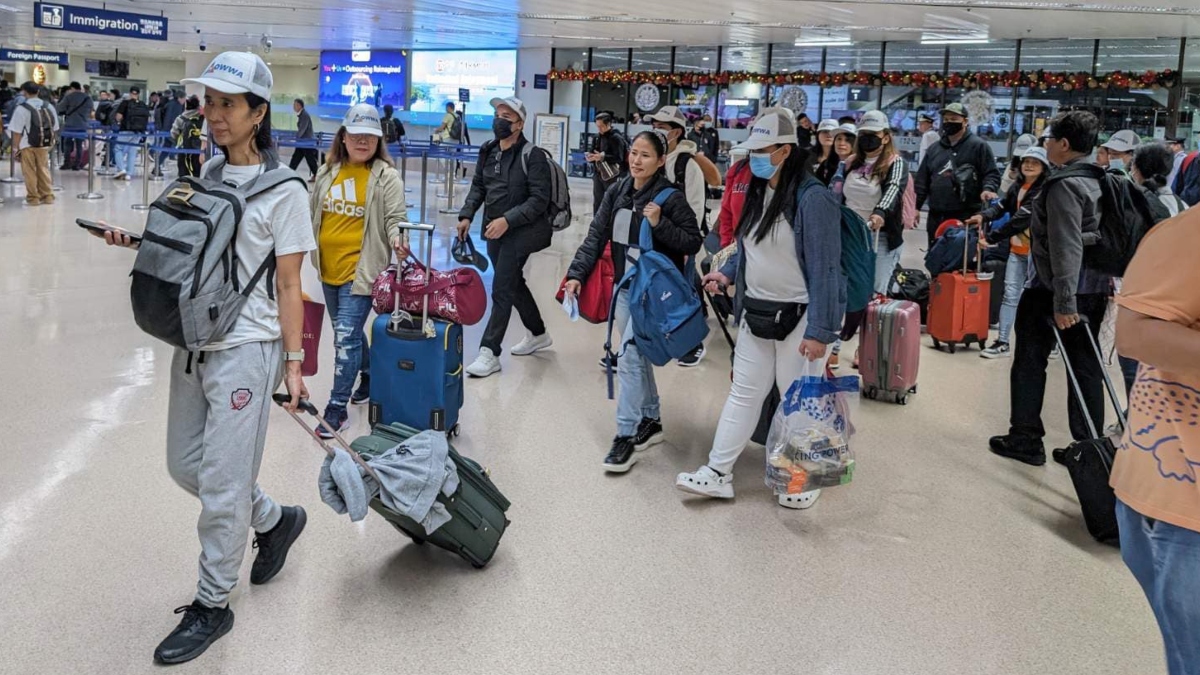The Philippine Senate is deliberating on a measure to compensate over 32,000 Filipino travelers who were barred from boarding their flights in 2022. These individuals, flagged during immigration procedures as potential victims of human trafficking, faced significant financial losses, often unable to reclaim the cost of their tickets.
Senator Francis Escudero is spearheading the initiative, proposing a provision in the 2024 General Appropriations Act. This provision aims to reimburse those affected by the stringent immigration checks that prevented them from flying.
Records from the Bureau of Immigration (BI) indicate that in 2022, 32,404 Filipinos were offloaded, with 472 identified as victims of human trafficking or illegal recruitment. Escudero, emphasizing the importance of this reimbursement, noted that the funds would come from the BI’s earnings, ensuring no impact on the salaries of immigration officers.
The proposal, if passed, would be retroactive, allowing those offloaded in the past to claim reimbursement. However, the specific rules for reimbursement remain unclear.
In a related development, the Inter-Agency Council Against Trafficking (IACAT) introduced updated guidelines for Filipinos traveling abroad in August 2023. These guidelines, effective since September 3, 2023, have raised concerns among citizens about their travel rights. Despite public apprehension, officials reassured that these protocols do not impose additional burdens on travelers.
BI Commissioner Norman Tansingco highlighted that the revised guidelines, in place since 2012, were recently refined to enhance citizen protection. The basic requirements for travelers include a valid passport, boarding pass, appropriate visa if necessary, and a confirmed return or roundtrip ticket. Additional documentation may be required for first-time travelers, especially those seeking employment abroad.
Senator Escudero remains hopeful that the proposal will pass through the bicameral conference committee and receive approval from both chambers, as well as President Ferdinand R. Marcos Jr. The proposed budget allocation for this reimbursement is a fraction of the government’s 5.7-trillion-peso budget for 2024, signaling a strong likelihood of approval.






